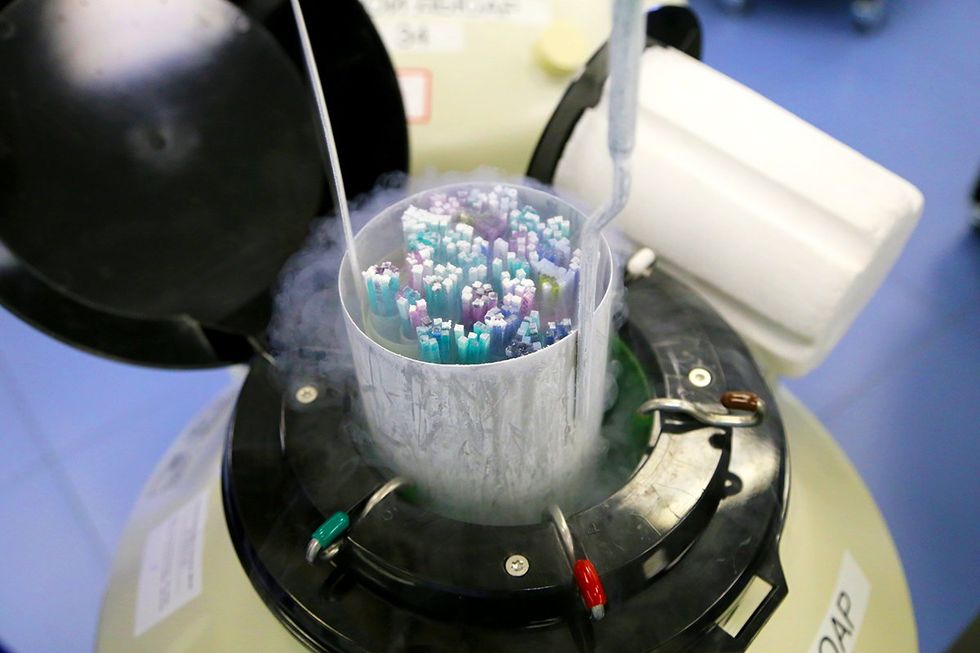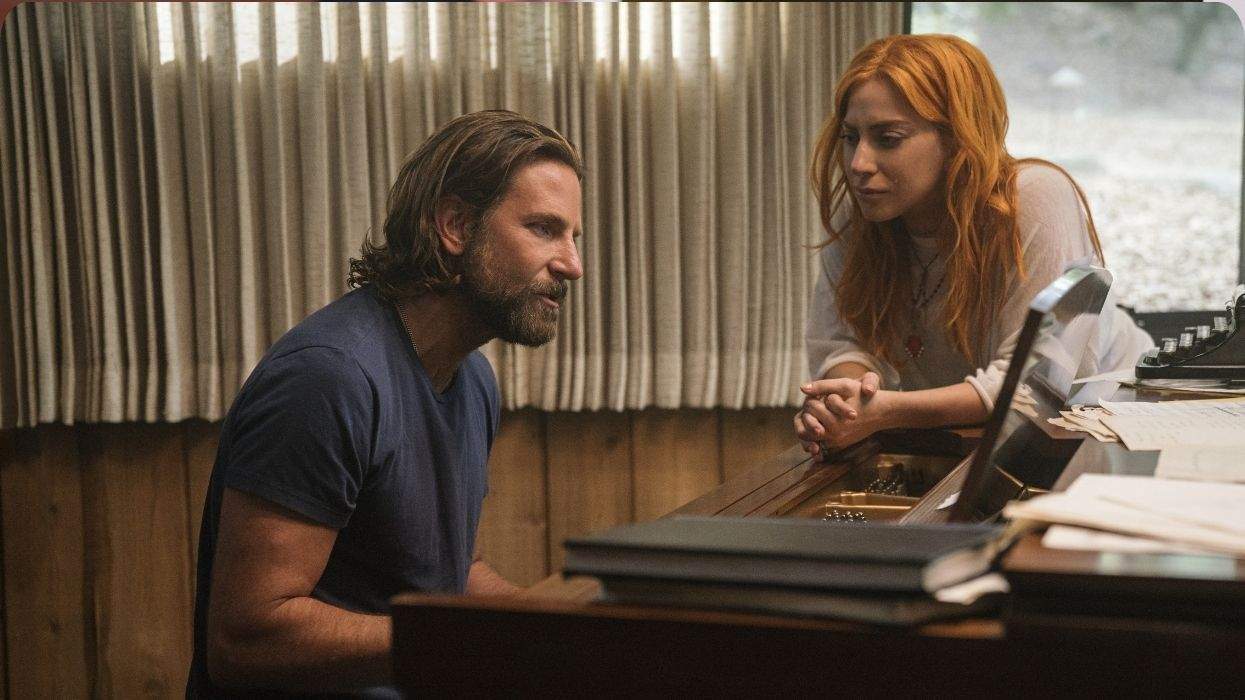Frozen embryos are people, the Alabama Supreme Court has ruled, jeopardizing fertility clinics and access to in vitro fertilization (IVF) throughout the state, and potentially the country.
The court ruled Friday that a wrongful death lawsuit could be filed under the Wrongful Death of a Minor Act against someone accused of accidentally dropping and destroying embryos from three couples at an Alabama clinic. The justices wrote that the act "applies to all children, born and unborn, without limitation.”
“It is not the role of this Court to craft a new limitation based on our own view of what is or is not wise public policy. That is especially true where, as here, the People of this State have adopted a Constitutional amendment directly aimed at stopping courts from excluding ‘unborn life’ from legal protection," the decision reads, referencing the 2018 ballot measure passed by Alabama voters that granted full personhood rights to fetuses.
The 2018 measure did not mention embryos, which have legally been treated as private property since the development of IVF treatment, which came after enacting Roe v. Wade in 1973. Alabama has enforced a total abortion ban, which prohibits the procedure at all stages of pregnancy with no exceptions for rape or incest, since the U.S. Supreme Court's overturning of Roe v. Wade in 2022, on the same unsound basis that a developing fetus is equivalent to a fully-formed baby.

During IVF, multiple embryos are created in case a pregnancy fails, with patients determining what happens to those left after a successful pregnancy, explained Dr. Paula Amato, president of the American Society for Reproductive Medicine. Until the ruling, patients had the right to use, donate, or destroy their embryos without repercussion.
"In its medically and scientifically unfounded decision, the court held that a fertilized frozen egg in a fertility clinic freezer should be treated as the legal equivalent of an existent child or a fetus gestating in a womb," she said in a statement, continuing, "By insisting that these very different biological entities are legally equivalent, the best state-of-the-art fertility care will be made unavailable to the people of Alabama."
While the Alabama justices noted that the decision would impact IVF access, they said they were bound by Christian faith to rule as they did. Chief Justice Tom Parker wrote in an opinion attached to the ruling that the decision was made in "the theologically based view of the sanctity of life adopted by the People of Alabama."
"(1) God made every person in His image; (2) each person therefore has a value that far exceeds the ability of human beings to calculate; and (3) human life cannot be wrongfully destroyed without incurring the wrath of a holy God, who views the destruction of His image as an affront to Himself," he wrote.

Nearly 100,000 infants are born through IVF every year in the United States, according to the Centers for Disease Control and Prevention, with approximately 2.3 percent of all infants born every year conceived using assisted reproductive technology (ART).
Senator Tammy Duckworth (D-IL) — lead sponsor of the Access to Family Building Act, which would protect access to IVF and ART services — again called on Congress to pass the bill and protect access to the services in a statement, affirming that "no one looking to start or grow their family, in any state, deserves to be criminalized."
“Since the Supreme Court threw out Roe v. Wade, our nation has seen a wave of Republican-led states enacting strict abortion bans to severely limit their residents’ right to access basic reproductive care, leaving many hopeful parents — and those of us who relied on IVF to start and grow our own families — worried about whether access to these important technologies could be next," she said. "The ruling from the Alabama Supreme Court — effectively labeling women who undergo IVF as criminals and our doctors as killers — proves that we were right to be worried."
















Charlie Kirk DID say stoning gay people was the 'perfect law' — and these other heinous quotes
These are some of his worst comments about LGBTQ+ people made by Charlie Kirk.